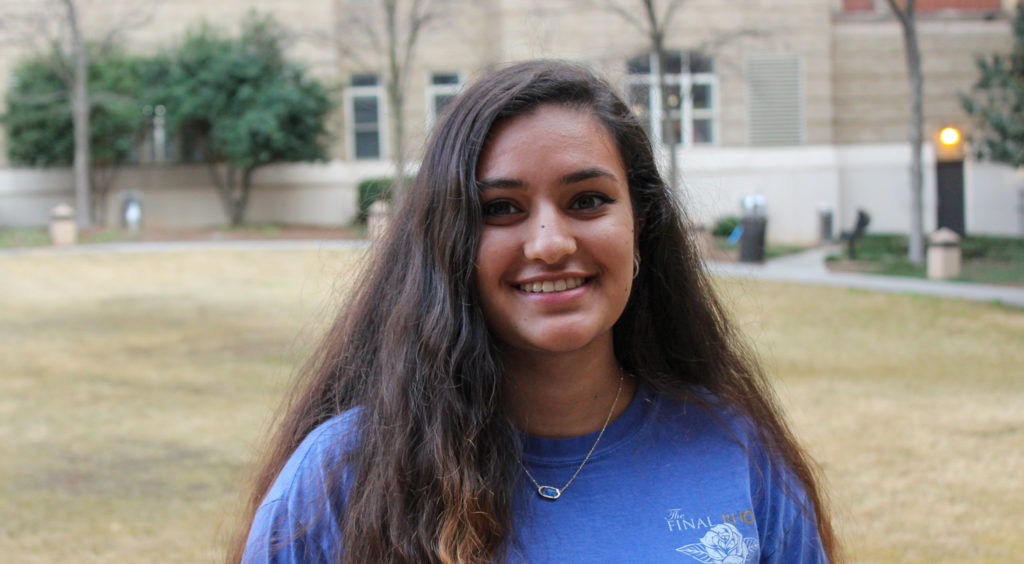
I vividly remember the first time I ever encountered “the n-word.” I was in the fourth grade, attending elementary school in a small but fairly liberal town in the suburbs of New York. The school I went to was also small but extremely diverse, so I had never given much thought to the concept of race or saw it as something that divided the population.
Now that I think about it, all my friends at the time were a different color than me and we all came from different cultures, but that was not a hot topic of discussion among eight and nine-year-olds. We did not see color or race at the time, even though we subconsciously grew up with it.
In an attempt to strengthen our reading levels, our teacher often picked a book for everyone to read together. At first, the books were innocent and ranged from the usual “Junie B. Jones” type-series or other fun fiction.
But for some reason I have yet to understand, one week my teacher decided that the best book to make a group of children read out loud was Mark Twain’s “The Adventures of Huckleberry Finn.”
If you have never read the book before, the n-word appears a whopping 219 times throughout the book, which has 366 pages total, so it makes up a majority of the book. It was at this time in the fourth grade, that one teacher’s decision made a whole group of children violently aware of race and discrimination for the first time, and what used to be the most enjoyable hour of class became the most unburied by so much negative history — just thinking about reading Huckleberry Finn again makes me sweat — but the most baffling thing to me is its use in the communities of non-black people of color.
Growing up in an Indian community, it is the last thing you expect to hear yet somehow the most prominent, especially among young males. When one thinks of racism in America, everyone automatically turns and points fingers to the white community but we all feel content ignoring the prominent racism that exists within communities of color.
I can not speak for other communities of color, but as an Indian-American, I will never understand the ease with which people my age and color will throw around the n-word, claiming a term as their own.
It is no secret that despite the Indian community being a minority community, we are afforded a relative amount of model minority privilege compared to other people of color.
It would not be fair to ignore the struggles and oppression that the brown community has faced in America, but it would be ignorant to say that they are the same exact struggles and oppression that the black community has faced.
It is not my place to say whether one group has faced more discrimination than the other, but I can say that they are different. The Indian community already has its own internalized colorism and racism, with the color of one’s skin constantly being brought up
due to caste and class differences.
We already discriminate within our own community. By letting kids in our community grow up thinking that it is okay to use the n-word, we are aiding with the discrimination and oppression of another community when we should be uplifting one another.
Even if you grew up in a predominantly black community or surrounded by black culture, that does not mean that it gives you the right to adopt the use of a word that has been used to oppress an entire demographic.
If you pay attention to the context of when colored people use the n-word, it is often used in a context that perpetuates negative stereotypes.
Non-black people of color must be cognizant of when and why people around them use black culture.
At the end of the day, saying “but I have black friends” is not a valid excuse to use the n-word, but it is still thrown around as one, and that should not be accepted by any community, whether Indian, Latino or any other people of color.
